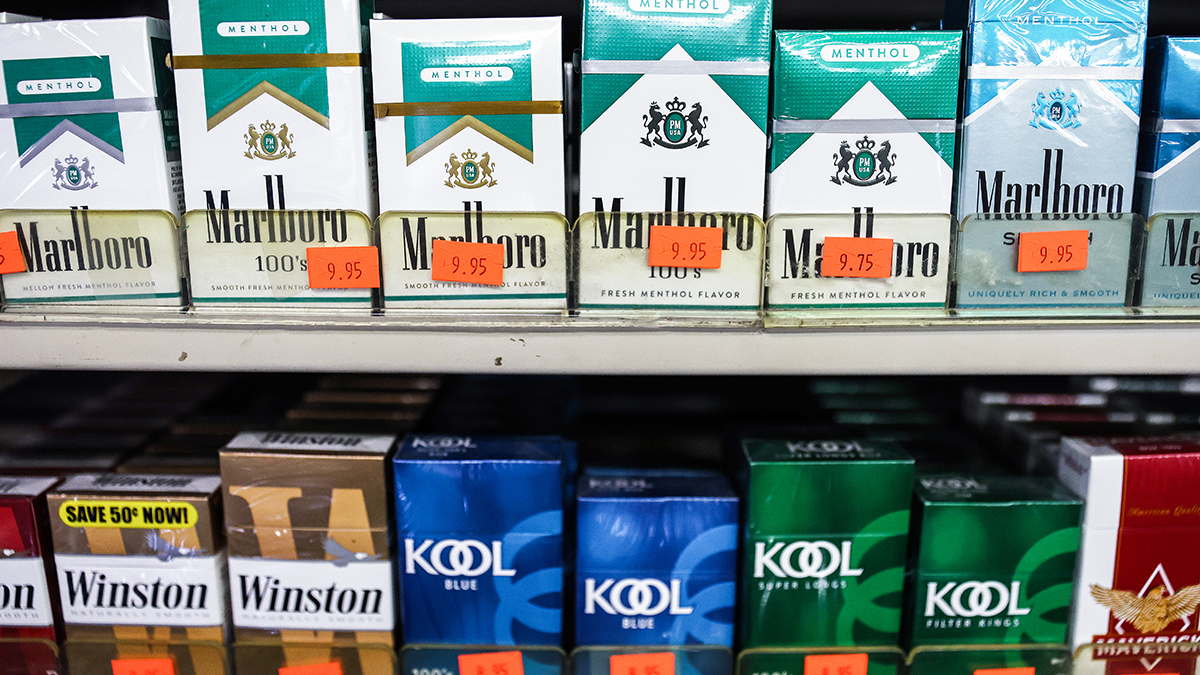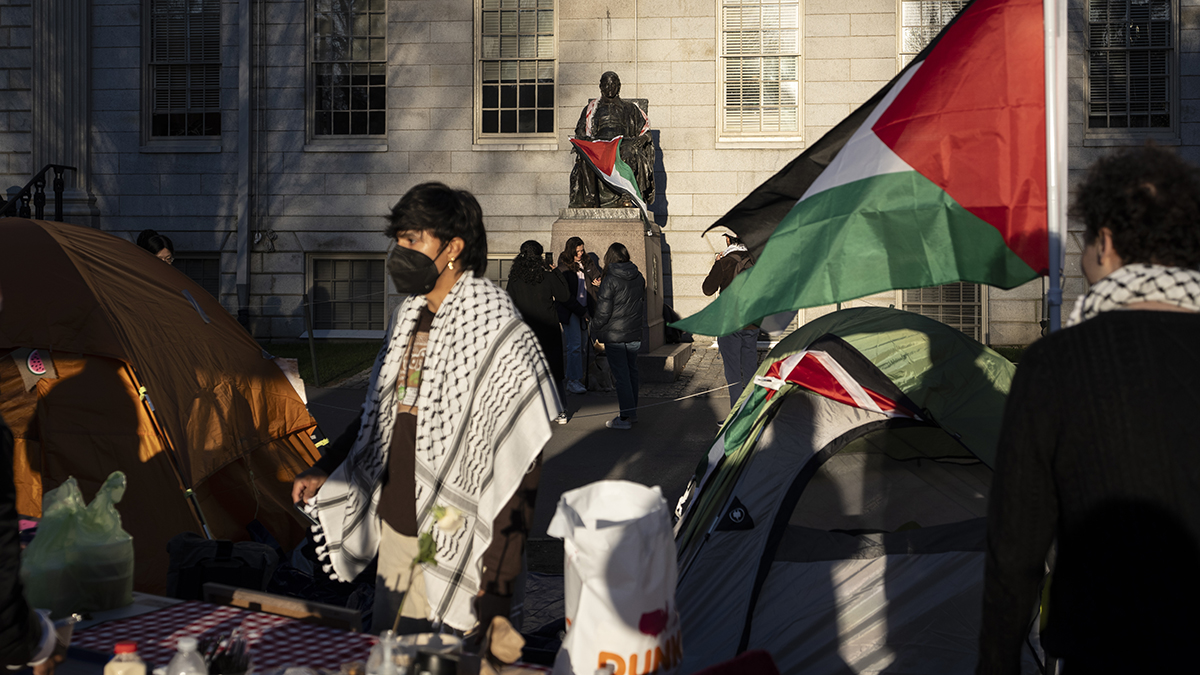If there is a theme to emerge from the turbulent year that is coming to an end, it is one of tests -- environmental, political, technological, financial -- and a soul-searching discussion over gun control.
On most, solutions remained elusive. But there were moments of progress that put tough questions to rest, broadened our understanding of the world, or made life a little easier.
The most unnerving test came on Dec. 14, when a young gunman opened fire in a Newtown, Conn. elementary school, killing 20 children and six adults. The massacre traumatized the nation and prompted heated calls for new restrictions on assault weapons.
President Barack Obama’s re-election brought a nasty political battle to a close and allowed the country to turn to the many challenges ahead.
The country began to slowly pull itself out of its economic inertia -- the unemployment rate slowly dropped, even as the fiscal future hinges on Washington's ability to negotiate off the so-called fiscal cliff.
Vicious poundings by Mother Nature, including a devastating drought and Hurricane Sandy, led to new -- and, many said, belated -- discussions about how coastal cities can adapt to extreme weather and rising sea levels.
Meanwhile, millions of miles above Earth, a robotic craft built by NASA – whose last remaining Space Shuttles were being turned into museum pieces – made a daring landing on the surface of Mars. The rover named Curiosity touched down on Aug. 5 and began transmitting sandy-hued photographs on its search for signs of microbial life. Earlier in the year, SpaceX Dragon became the first private spacecraft to dock with the International Space Station.
U.S. & World
Physicists at the European Organization for Nuclear Research announced in July they’d discovered a new subatomic particle that could hold answers about the universe’s creation. Some scientists speculated that they’d found the elusive “God particle” that could explain how the cosmos developed its mass and shape.
Back home, several horrifying events -- mass shootings in a Colorado movie theater and a Wisconsin Sikh temple, and the killing of unarmed teenager Trayvon Martin in Florida -- shocked America back into a discussion about gun control, but little in the way of actual legislative action. In Arizona, former Rep. Gabby Giffords appeared in a courtroom to face Jared Loughner, the man who shot her in the head and killed six others in 2011.
More outrage was directed at Jerry Sandusky, the former assistant Penn State football coach who was convicted in June of sexually abusing several boys, some of whom he’d lured on campus. The scandal ended the career, and ruined the reputation, of legendary head coach Joe Paterno, who died in January.
Among the most notable deaths of 2012: astronauts Neil Armstrong and Sally Ride, writers Ray Bradbury, Maurice Sendak, Gore Vidal and Nora Ephron, U.S. Sens. Arlen Specter and George McGovern, singers Whitney Houston and Etta James, rapper Adam Yauch, TV hosts Don Cornelius and Dick Clark, police-beating victim Rodney King and newscaster Mike Wallace.
Wall Street embarrassments – $4 billion in losses by the “London Whale” at JP Morgan Chase, Facebook’s botched IPO, Barclays’ and other big banks' alleged manipulation of interest rates – added to Americans' fury at the financial sector's failings.
America thought it was finally ready to end its two longest wars, but violence in Iraq and Afghanistan continued to claim lives; the toll for American troops in Afghanistan surpassed 2,000. Drone strikes and Quran burnings sparked furious protests.
Uprisings in Syria and across the Arab world -- including the deadly Sept. 11 attack on a U.S. Consulate in Libya – raised troubling questions about America’s influence abroad, and its ability to keep its emissaries safe. Egypt elected its first democratically chosen president, but the leader, Islamist Mohammed Morsi, sparked a new round of violent protests when he consolidated power and tried to force a vote on a new constitution.
David Petraeus, the four-star general who commanded troops in Afghanistan, was the leader of U.S. Central Command and became President Obama's CIA chief, resigned in November after an FBI investigation uncovered emails that showed he was involved in an extramarital affair.
A few weeks earlier, cyclist Lance Armstrong, one of the world's most popular athletes, was stripped of his seven Tour de France titles and banned from his sport after the United States Anti-Doping Agency named him as a participant in the "most sophisticated, professionalized and successful doping program that sport has ever seen."
Two other scandal-battered men, former presidential candidate John Edwards, accused of using campaign funds to cover up an affair, and seven-time Cy Young Award winner Roger Clemens, charged with lying to Congress about using performance-enhancing drugs, were both acquitted of charges against them.
Still, amid the turmoil and uncertainty, there were always new advances worth celebrating.
In autumn, Austrian daredevil Felix Baumgartner became the first person to free-fall faster than the speed of sound when he launched himself from a hot air balloon above the New Mexico desert.
Another elusive technological innovation, the electrical car, appeared poised for the mainstream, as sales of the Nissan Leaf, Ford C-Max Energi and Chevy Volt hit a string of record-breaking marks.
There was another new version of the iPhone, of course. Like its predecessors, this one sold millions and marked a new step in smartphones’ infiltration into our daily lives, despite the brouhaha over its maps application.
The year also saw a breakthrough of vastly different kind: Jamaican sprinter Usain Bolt defied critics by dusting the 100m field at the Summer Olympics in London, retaining his title as the fastest man on the planet. American swimmer Michael Phelps continued to rewrite the record books, becoming the most decorated Olympian ever. Gabby Douglas became the first black woman to win all-around gymnastics gold.
The year closed with America finding a new resolve, and seeking more answers.
The Supreme Court, months after upholding President Obama's health care reform legislation, has agreed to take up the issue of gay marriage, which many describe as the civil rights battle of our era.
New York, New Jersey and other areas wrecked by Hurricane Sandy are beginning the long process of rebuilding.
And the nation's leaders say they're trying to come up with a way to move the country into better economic times.



